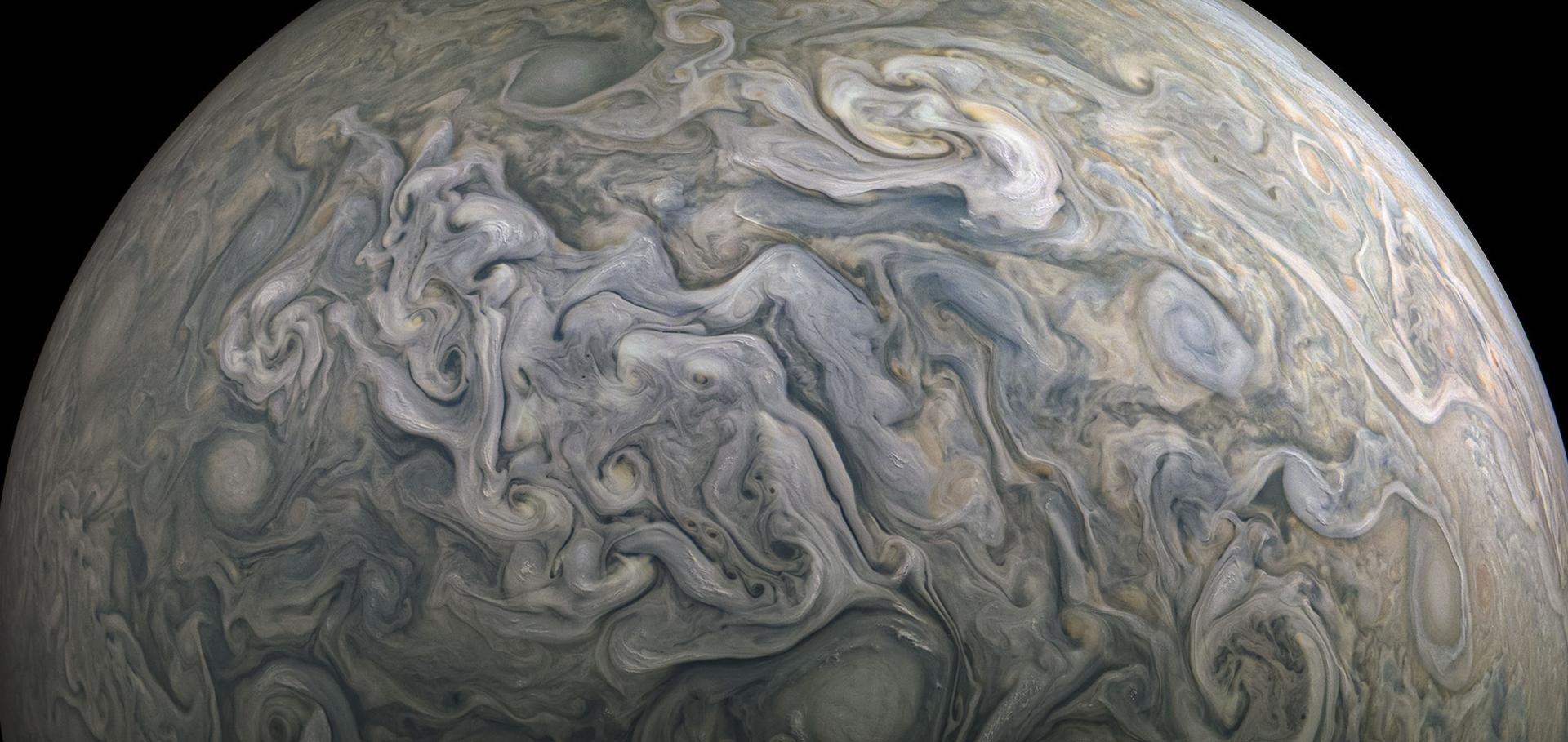A "cold path" for Gulf Stream - troposphere connection
Journal of Climate American Meteorological Society 30:4 (2017) 1363-1379
Abstract:
The mechanism by which the Gulf Stream sea surface temperature (SST) front anchors a band of precipitation on its warm edge is still a matter of debate and little is known about how synoptic activity contributes to the mean state. In the present study, the influence of the SST front on precipitation is investigated during the course of a single extratropical cyclone using a regional configuration of the Met Office Unified Model. The comparison of a control run with a simulation in which SST gradients were smoothed brought the following conclusions: a band of precipitation is reproduced for a single extratropical cyclone and the response to the SST gradient is dominated by a change of convective precipitation in the cold sector of the storm. Several climatological features described by previous studies, such as surface wind convergence on the warm edge or a meridional circulation cell across the SST front, are also reproduced at synoptic time scales in the cold sector. Based on these results, a simple boundary layer model is proposed to explain the convective and dynamical response to the SST gradient in the cold sector. In this model, cold and dry air parcels acquire more buoyancy over a sharp SST gradient and become more convectively unstable. The convection sets a pressure anomaly over the entire depth of the boundary layer which drives wind convergence. This case study offers a new pathway by which the SST gradient can anchor a climatological band of precipitation.The Gulf Stream influence on wintertime North Atlantic jet variability
Quarterly Journal of the Royal Meteorological Society Wiley 143:702 (2016) 173-183
Abstract:
In this paper we investigate the influence of the Gulf Stream SST front on the North Atlantic eddy-driven jet and its variability, by analysing the NCEP-CFSR dataset and a pair of AGCM simulations forced with realistic and smoothed Gulf Stream SST boundary conditions. The Gulf Stream SST front acts to generate stronger meridional eddy heat flux in the lower-troposphere and an eddy-driven jet over the eastern North Atlantic that is located further polewards, compared to the simulation with smoothed SST. The strong Gulf Stream SST gradient is found to be crucial in more accurately capturing the trimodal distribution of the eddy-driven jet latitude, with the more poleward climatological jet being the result of the jet occupying the northern jet position more frequently in the simulation forced with observed SSTs. The more frequent occurence of the northern jet location is associated with periods of high eddy heat flux over the Gulf Stream region. Composite analysis of high eddy heat flux events reveals that the significantly higher heat flux is followed by larger and more persistient poleward jet excursions in the simulations with realistic SSTs compared to the simulation with smoothed SSTs, with upper-tropospheric eddy momentum fluxes acting to maintain the more poleward eddy-driven jet. Periods of high eddy heat flux over the Gulf Stream region are also shown to be associated with increased blocking frequency over Europe, which are clearly distinct from periods with a northern jet position.Diabatic heating and jet stream shifts: A case study of the 2010 negative North Atlantic Oscillation winter
Geophysical Research Letters (2016)
Abstract:
©2016. American Geophysical Union. All Rights Reserved. The role of extratropical diabatic heating in the variability of storm tracks and jet streams remains an important open question. This paper analyzes the role of diabatic heating in observationally constrained analysis data for the 2010 winter, which was notable for an extreme southward shift of the North Atlantic eddy-driven jet. An isentropic slope framework is employed by which the contribution of diabatic terms to the maintenance of seasonal mean baroclinicity can be quantified. This reveals a striking contrast between the eastern North Atlantic, where the latent heating shifted south along with the storm track in 2010, and the western North Atlantic, where the latent heating remained fixed over the Gulf Stream. This motivates the hypothesis that the latent heating may contribute to the anchoring of the storm track entrance over the Gulf Stream but provide a very different feedback on the jet variability downstream.Assessing mid-latitude dynamics in extreme event attribution systems
Climate Dynamics Springer Berlin Heidelberg 48:11-12 (2016) 3889-3901
Abstract:
Atmospheric modes of variability relevant for extreme temperature and precipitation events are evaluated in models currently being used for extreme event attribution. A 100 member initial condition ensemble of the global circulation model HadAM3P is compared with both the multi-model ensemble from the Coupled Model Inter-comparison Project, Phase 5 (CMIP5) and the CMIP5 atmosphere-only counterparts (AMIP5). The use of HadAM3P allows for huge ensembles to be computed relatively fast, thereby providing unique insights into the dynamics of extremes. The analysis focuses on mid Northern Latitudes (primarily Europe) during winter, and is compared with ERA-Interim reanalysis. The tri-modal Atlantic eddy-driven jet distribution is remarkably well captured in HadAM3P, but not so in the CMIP5 or AMIP5 multi-model mean, although individual models fare better. The well known underestimation of blocking in the Atlantic region is apparent in CMIP5 and AMIP5, and also, to a lesser extent, in HadAM3P. Pacific blocking features are well produced in all modeling initiatives. Blocking duration is biased towards models reproducing too many short-lived events in all three modelling systems. Associated storm tracks are too zonal over the Atlantic in the CMIP5 and AMIP5 ensembles, but better simulated in HadAM3P with the exception of being too weak over Western Europe. In all cases, the CMIP5 and AMIP5 performances were almost identical, suggesting that the biases in atmospheric modes considered here are not strongly coupled to SSTs, and perhaps other model characteristics such as resolution are more important. For event attribution studies, it is recommended that rather than taking statistics over the entire CMIP5 or AMIP5 available models, only models capable of producing the relevant dynamical phenomena be employed.A regime analysis of Atlantic winter jet variability applied to evaluate HadGEM3-GC2
Quarterly Journal of the Royal Meteorological Society Wiley 142:701B (2016) 3162-3170


